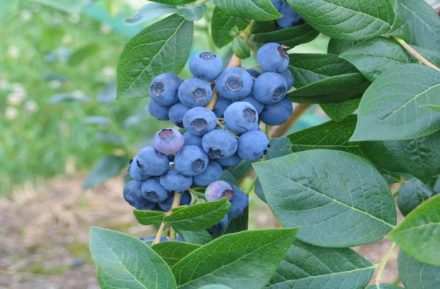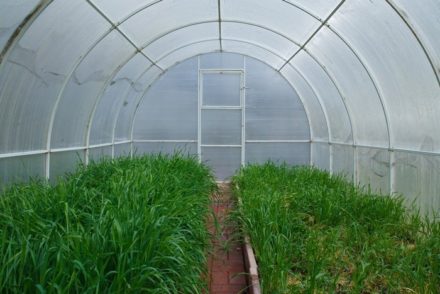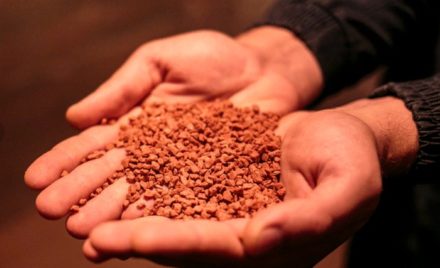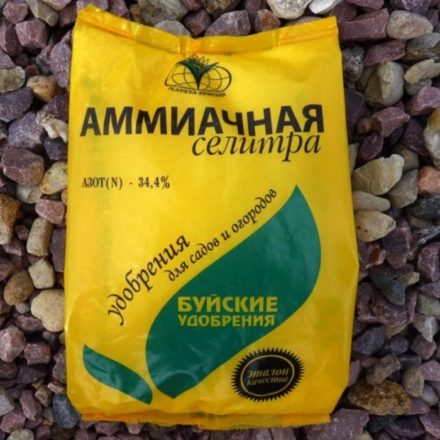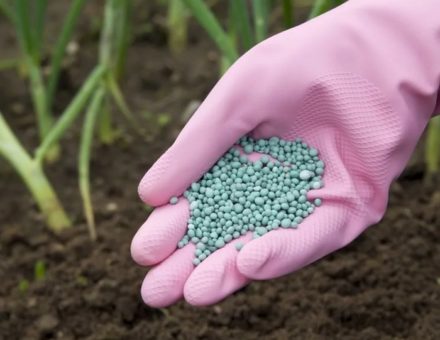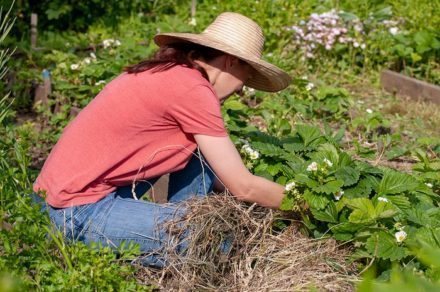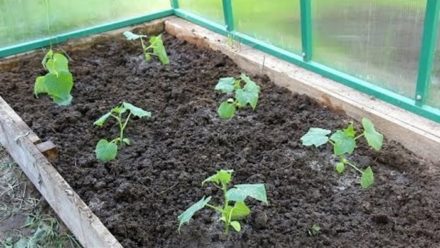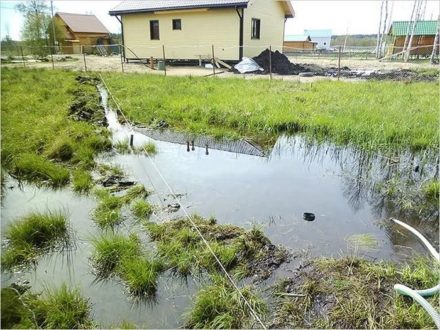Blueberries are considered one of the healthiest berries, which is why they are often found in Russian gardens. True, the crop needs certain care, maintaining an optimal level of acidity in the soil, providing the necessary nutrients for active growth and a rich harvest.
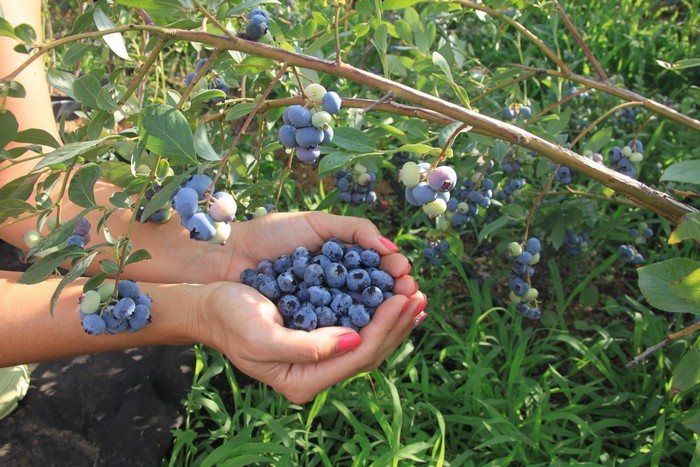
Nitrogen baits
Nitrogen is extremely important for berries; the substance is considered mandatory when feeding blueberries. Fertilizer is applied in early spring, when the buds begin to swell. Ammonium sulfate is best suited for this, as it contains the required amount of sulfur, which acidifies the soil.
Blueberries grow well and bear fruit abundantly only in an acidic substrate. For normal development, you need to maintain pH within 4–5.
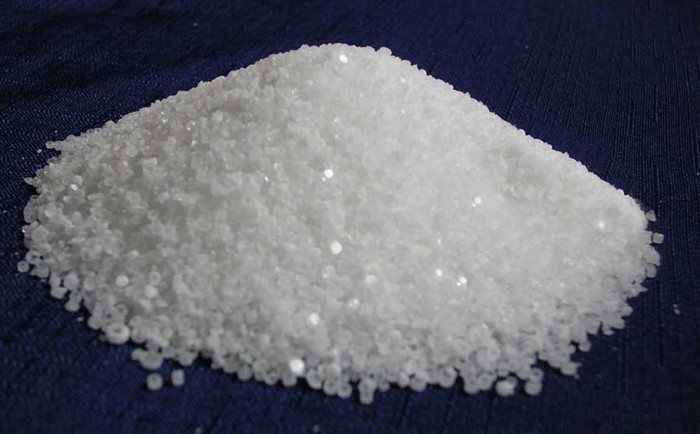
Potash fertilizers
After flowering, blueberries need potassium supplements. This will significantly increase the yield, size and taste of the berries. In addition, the substance helps to enhance photosynthesis, which makes the fruits brighter and juicier. Potassium magnesium, potassium sulfate and potassium nitrate have proven themselves well.
Fertilizers are applied in the evening, 25 grams of the substance are applied to each bush. After this, the plant must be provided with abundant moisture.
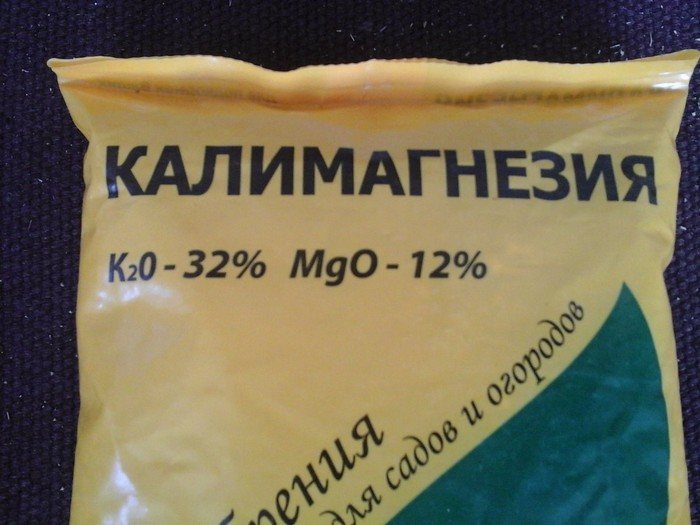
High peat
This organic substance is most suitable for berry crops.But the component is pre-prepared taking into account the composition of the soil in the garden plot. Agronomists recommend using the following recommendations:
- for light loam, sand is mixed with high peat in a ratio of 1:3;
- for a sandy loam substrate, equal amounts of high-moor peat are combined with the top layer of soil;
- for calcareous soil, mix 1 part of rotted pine litter and 3 parts of high-moor peat.
Next, the resulting compositions are placed on the beds with blueberries in a small layer. Mulch will provide nutrients and prevent moisture from evaporating quickly.
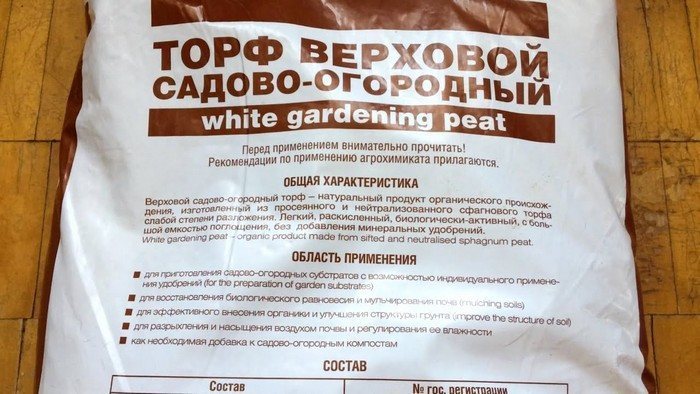
Apple vinegar
An apple cider vinegar solution perfectly acidifies the soil and provides blueberries with the necessary nutrients. To prepare it you need to mix:
- 9% vinegar – 100 ml;
- settled water – 10 liters;
- iron sulfate – 25 g.
Stir the liquid thoroughly until completely dissolved, and then pour the blueberry soil around the tree trunks. Vinegar can be replaced with citric acid, but then take 30 grams of powder per 10 liters of water.
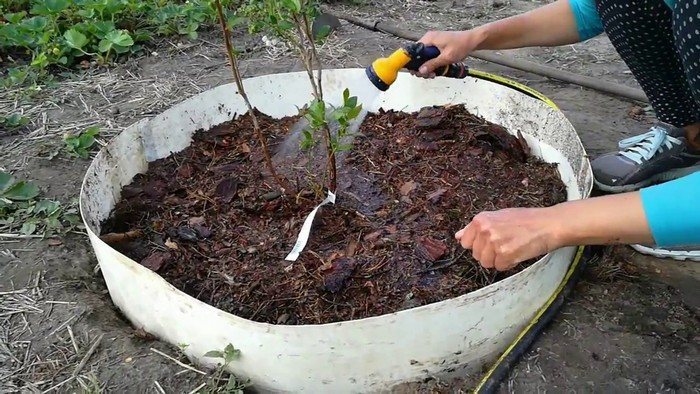
Complex fertilizers
There are special fertilizers available on the market designed for blueberries. The composition already contains the necessary set of nutrients. The ones that have proven themselves best are:
- Florovit is a complex mineral fertilizer that does not contain nitrates or harmful substances. Feeding is carried out three times per season, the first time the application is made in early April.
- Bona Forte - will help strengthen the root system and increase productivity. Feeding is done during the swelling of the buds.
- Lifdrip is a nutritional composition aimed at strengthening plants, increasing immunity, and increasing the number of fruits on the bush. The mixture is pre-dissolved in water and then applied directly to the soil.
The drugs prevent the development of chlorosis, yellowing and shedding of leaves. In addition, the substances promote better bush growth and increased yield.
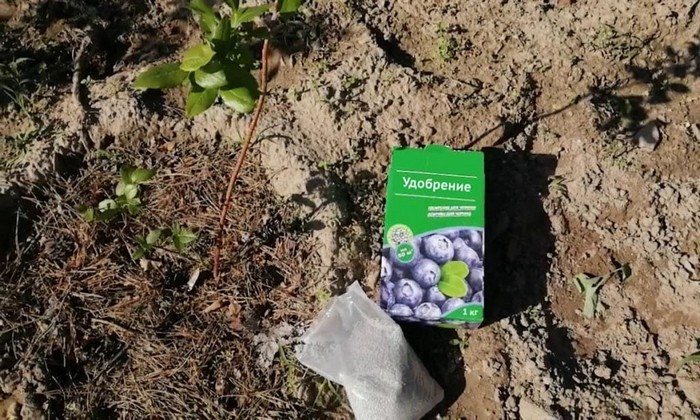
All these spring feedings will increase the yield and improve the quality and taste of blueberries. The main condition is to apply fertilizers in a timely manner and not to violate the dosage, since an excess of nutrients is as detrimental to the berry crop as their deficiency.


